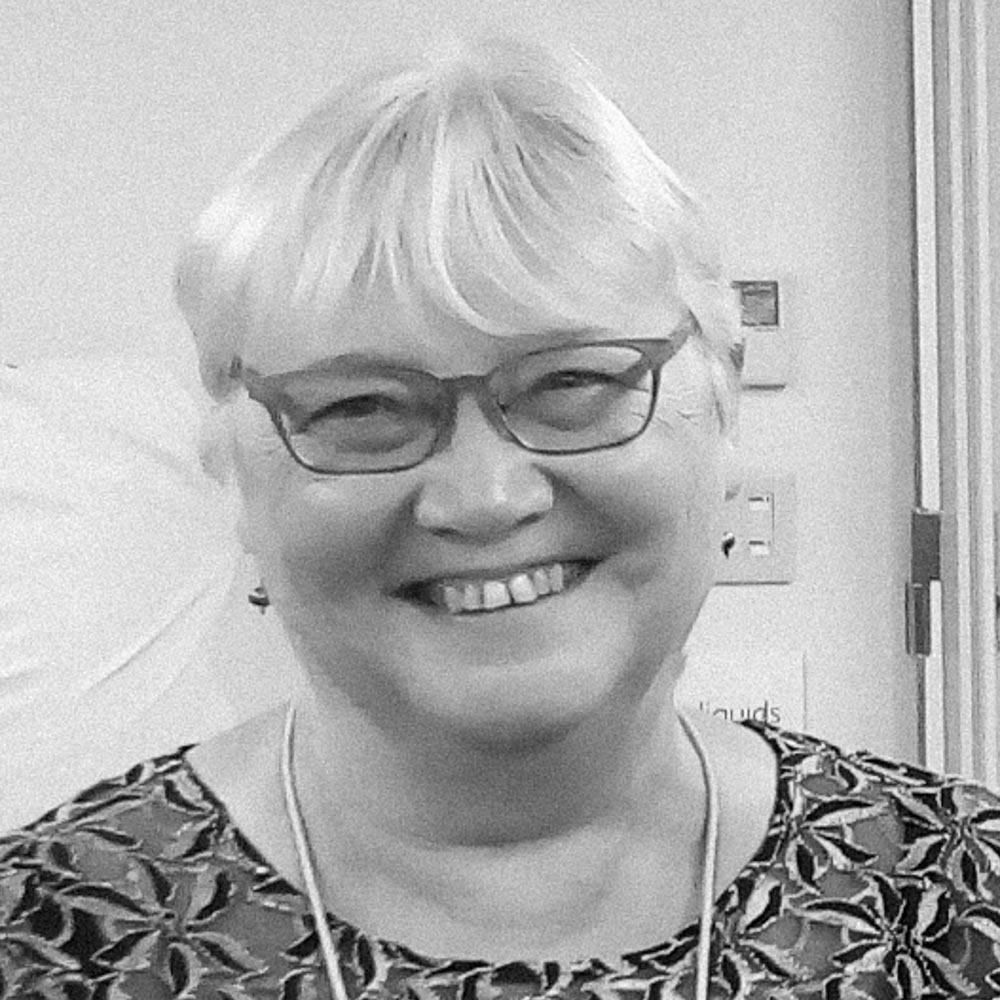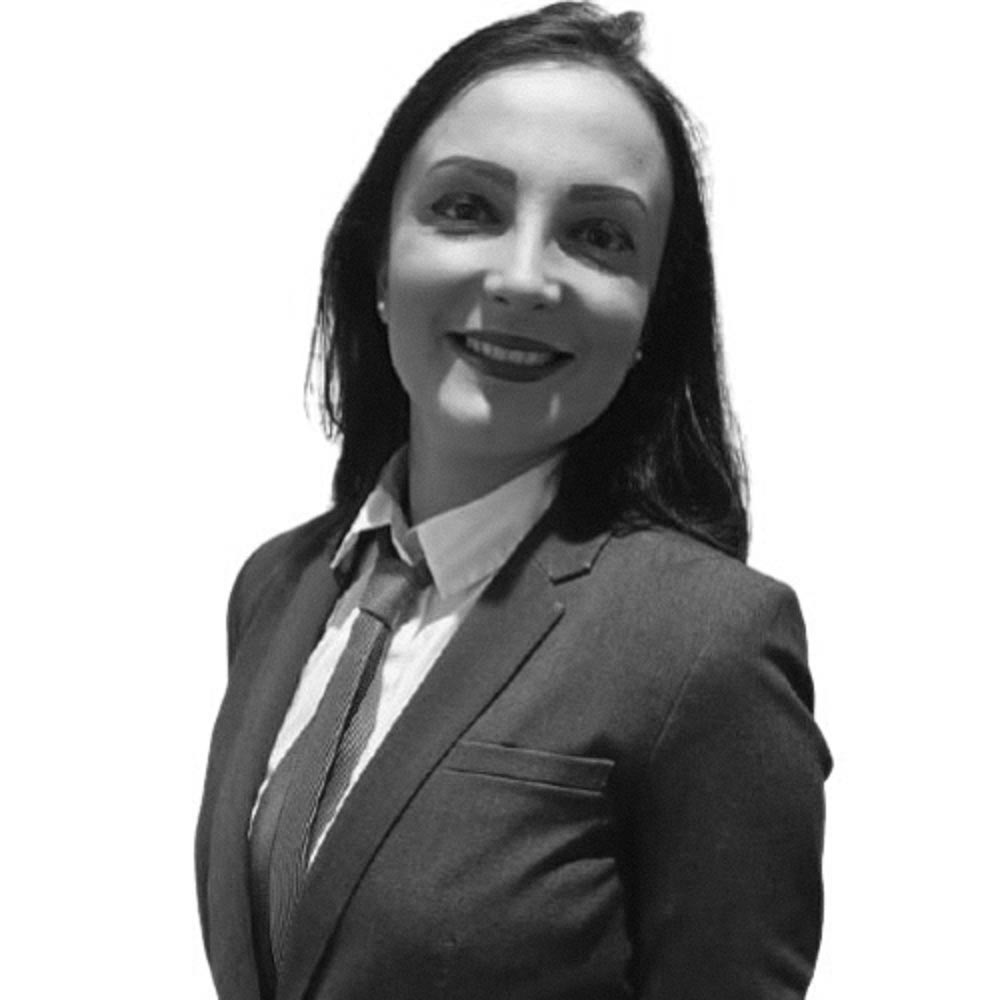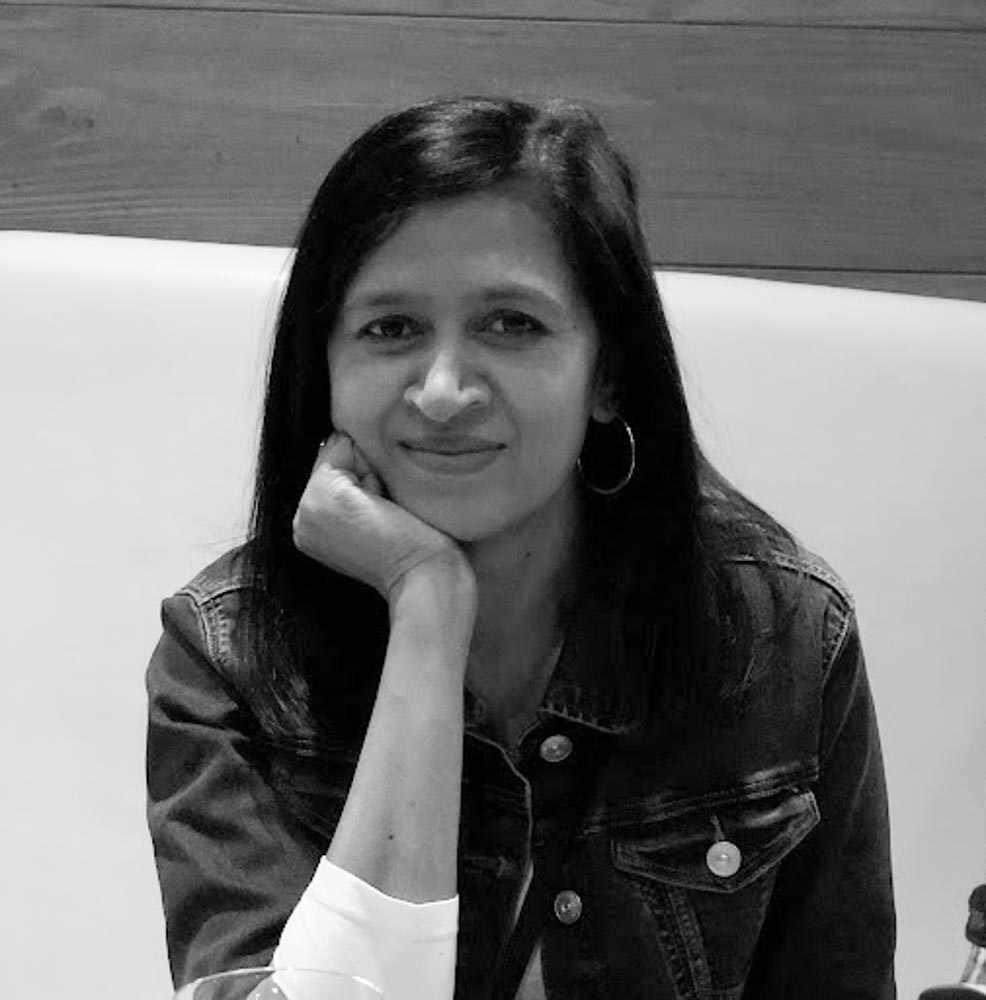On Wednesday, May 18, 2022, IAFOR hosted the second instalment of its free Zoom webinar series, titled “Writing an Abstract for Maximum Impact”, with the Editors of the IAFOR Journal of Education, Yvonne Masters, Issue Editors Michael Menchaca and Pearl Subban, and Associate Editor of the IAFOR Journal of Literature & Librarianship, Murielle El Hajj Nahas.
Whether presenting at a conference or writing a journal article, it is important that your abstract has maximum impact. Conference participants and journal readers frequently use an abstract to decide whether to pursue a topic further, so it is important that you aim to provide enough information in a way that captures attention. It is also important to realise that different journals have different requirements. In this presentation, led by Dr Masters, the panellists looked at issues such as abstract length, attracting attention from the start, what needs to be included and what should not be included, and how to link your abstract to your presentation / paper.
In the second part of the seminar, the panellists added on to Dr Masters' presentation and answered questions from the audience. Even though many questions were answered, since over 280 attendees joined the webinar, not every question could be given a response. However, our panellists have taken the time to prepare a document in which the remaining questions have been answered.
IAFOR Webinar Series Episode 2: Writing an Abstract for Maximum Impact
Speaker Biographies
Yvonne Masters
Independent Researcher, Australia

Yvonne was a teacher and teacher educator for over 40 years and is still passionate about education. She was a senior lecturer in Professional Classroom Practice in the School of Education, University of New England, Australia, a position that she accepted after five years as Director of Professional Experience in the same School. Prior to taking up her position at UNE, she had 30 years’ experience in secondary schools including in the roles of Curriculum Coordinator, Deputy Principal and Principal. Her teaching experience spans three Australian states. Her research interests centre on undergraduate research, academic publication, teacher education and policy, professional experience, teacher identity, online learning and virtual worlds. Yvonne was awarded her PhD, focused on school principalship, from Deakin University.
She is an active researcher and gained, in collaboration with other researchers, 4 Internal UNE School of Education Research grants; was a partner in a $200,000 ALTC (OLT) grant, VirtualPREX: Innovative assessment using a 3D virtual world with pre-service teachers; in 2014 achieved a UNE Seed Grant for a one year project to explore teacher quality; and in 2015 gained a $50,000 OLT seed grant to develop resources to assist pre-service teachers to gain online teaching skills to assist them in teaching wholly online into virtual schools.
Yvonne serves as a reviewer for several education journals and is a senior reviewer for IAFOR conferences. She presents on a variety of education topics including publishing as an academic, teacher education policy, undergraduate research, and online teaching at a range of conferences, both Australian and international.
Murielle El Hajj Nahas
Lusail University, Qatar

Michael Menchaca
University of Hawai’i at Manoa, United States

Pearl Subban
Monash University, Australia


